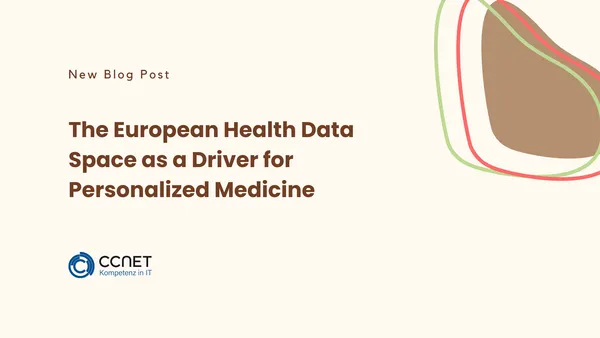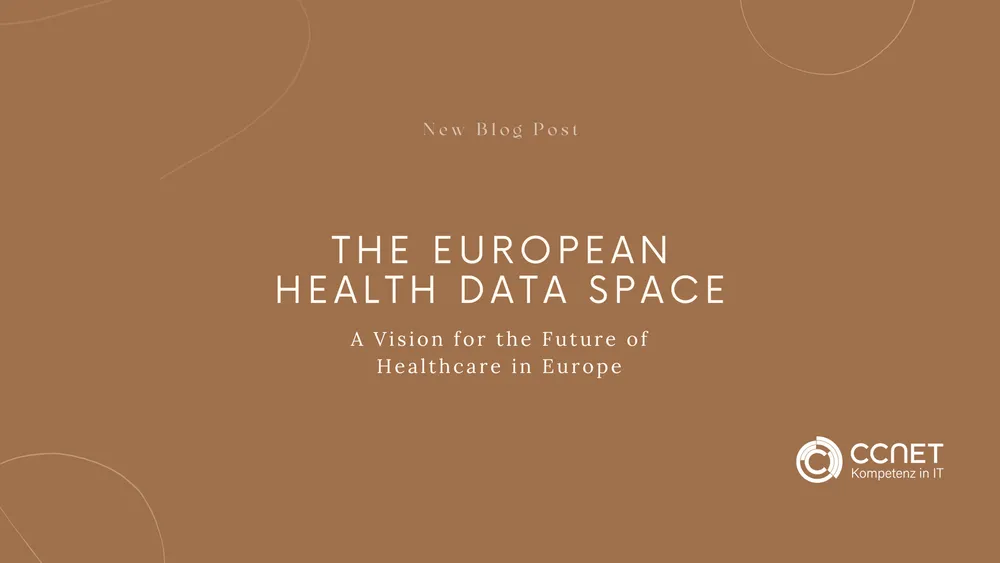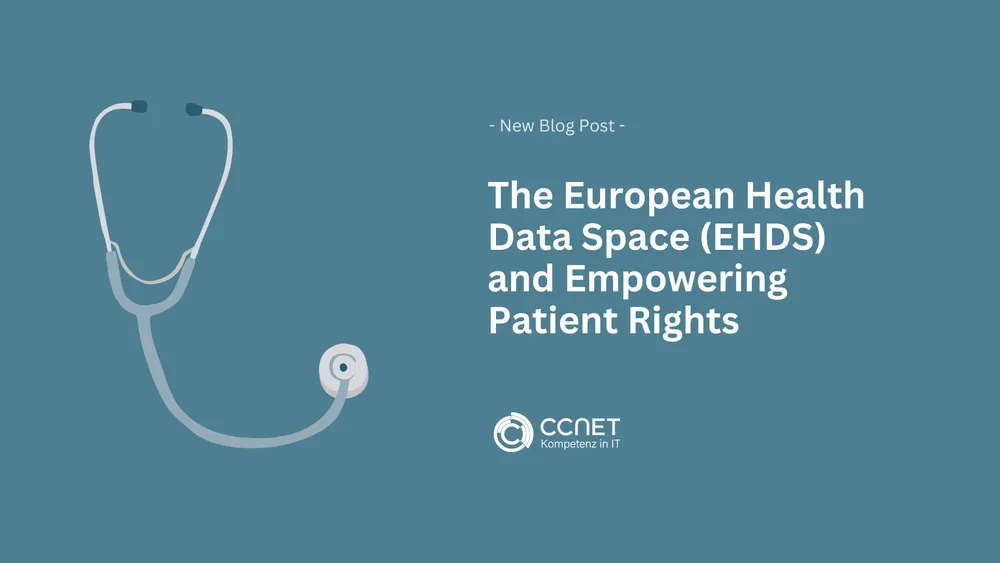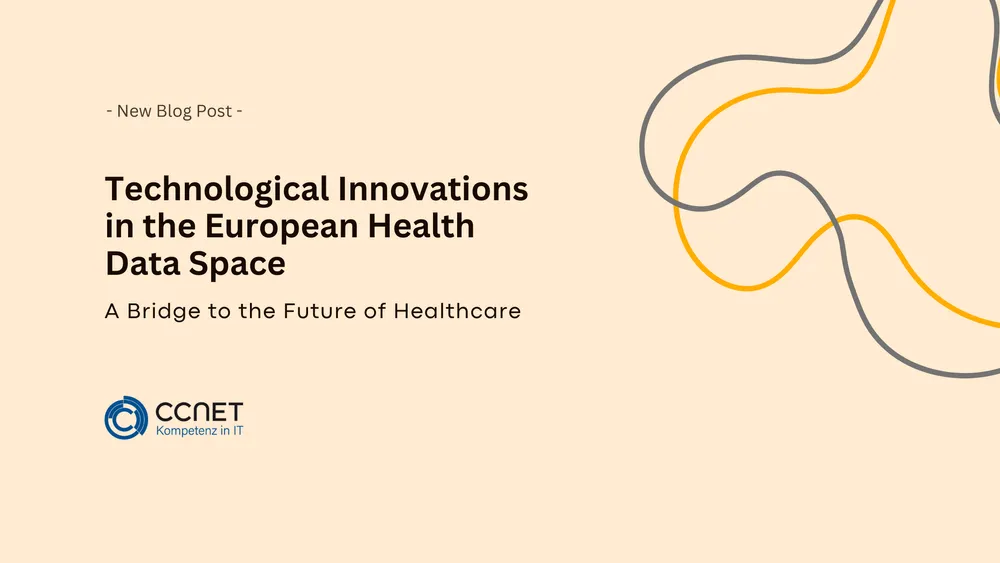
CCNet
Sep 16, 2024 • 2 min read

The European Health Data Space as a Driver for Personalized Medicine
In medicine, personalized medicine marks the beginning, where treatments and prevention strategies are tailored to the individual genetic profiles, lifestyles, and environmental conditions of patients. The European Health Data Space (EHDS) is at the forefront of this revolution, playing a key role as a driver in accelerating the transition from a "one-size-fits-all" approach to healthcare to a personalized healthcare model. This blog post illuminates how the EHDS promotes the development and implementation of personalized medicine in the European Union (EU) and its impacts on patients, researchers, and the healthcare system as a whole.
Further information can be found here: MCP-Agents
Personalized Medicine: An Introduction
Personalized medicine, also known as precision medicine, aims to customize medical treatments and prevention strategies to maximize effectiveness and minimize side effects. This approach is based on the recognition that people are genetically different, meaning they respond differently to medications and have different risks for certain diseases. By leveraging genetic information, biomarkers, and detailed health data, personalized medicine promises to revolutionize patient care.
The EHDS as a Catalyst for Personalized Medicine
The EHDS provides a unique platform to securely and efficiently collect, share, and analyze the extensive health data necessary for personalized medicine. By improving access to health data from across Europe, researchers and medical professionals can gain deeper insights into the genetic, environmental, and lifestyle factors that influence health and disease. This is crucial for developing tailored treatments and gaining a better understanding of individual responses to medications and therapies.
Benefits of Personalized Medicine through the EHDS
1. Improved Treatment Efficiency and Patient Safety: By utilizing personalized data, doctors can select the most effective treatments for their patients and reduce the risk of side effects.
2. Acceleration of Medical Research: Researchers can access a broader pool of health data, facilitating the discovery of new biomarkers and genetic markers crucial for developing targeted therapies.
3. Promotion of Prevention and Early Detection: The EHDS enables more precise risk assessment and identification of disease susceptibilities, leading to more effective prevention strategies and early detection measures.
Challenges and Opportunities
Implementing personalized medicine through the EHDS is not without challenges. Data privacy and security are of paramount importance as processing genetic and personal health data raises sensitive ethical and legal issues. Additionally, analyzing and interpreting the vast amounts of data requires advanced technologies and expertise in bioinformatics and genetics.
However, the opportunities outweigh the challenges presented by the EHDS for personalized medicine. By creating a robust, secure, and interoperable data infrastructure, the EHDS can lay the groundwork for significant advancements in medical research and patient care. The successful integration of personalized medicine into the EU healthcare system could not only improve treatment outcomes but also contribute to cost-efficiency in healthcare by reducing unnecessary treatments and enhancing overall population health.
Conclusion
The European Health Data Space represents a crucial step towards personalized medicine, which has the potential to transform healthcare. By paving the way for secure and efficient access to and exchange of health data, the EHDS enables researchers and medical professionals to develop tailored, evidence-based treatments tailored to the unique needs of each patient. Despite the challenges to overcome, the EHDS provides a promising foundation for the future of personalized medicine in Europe, which could improve the lives of millions of people.


